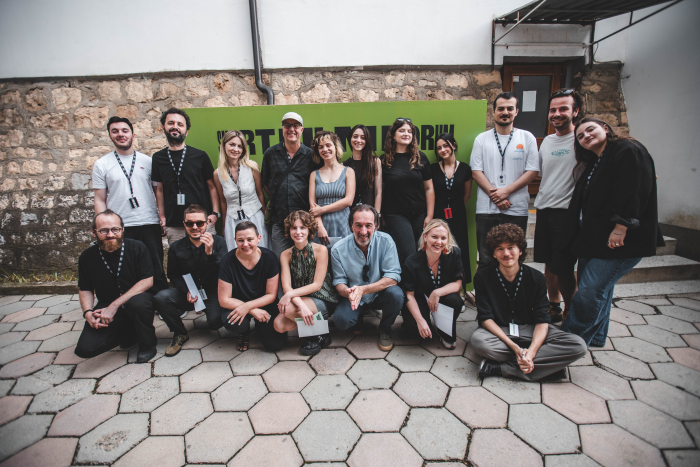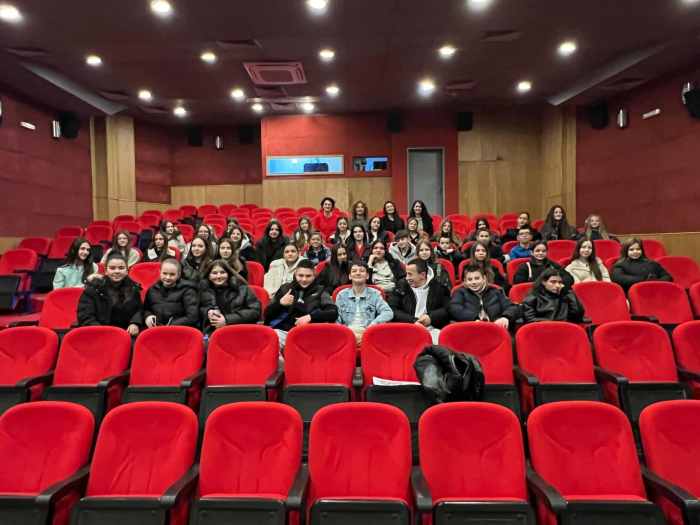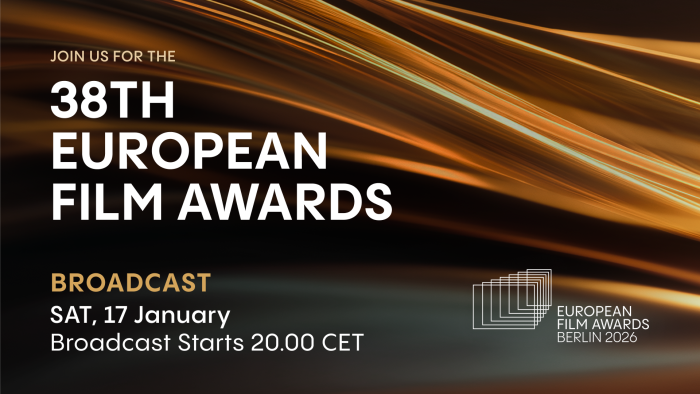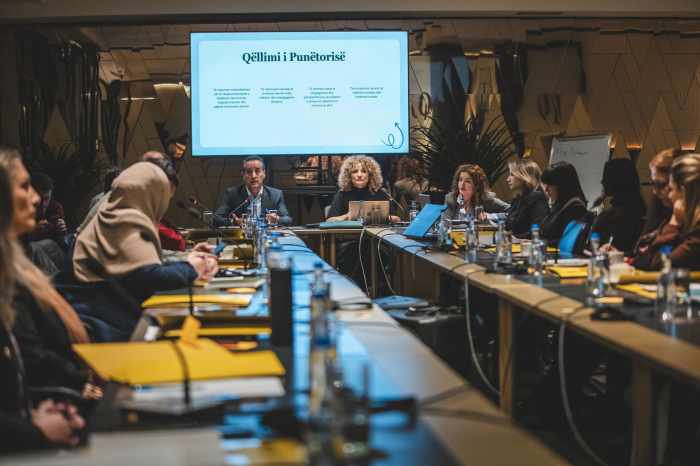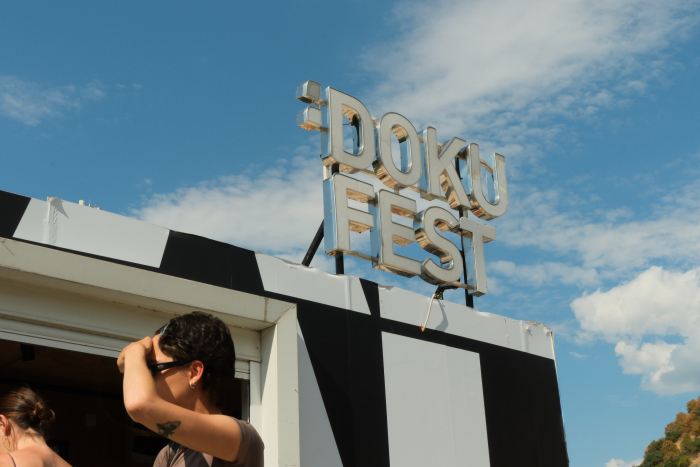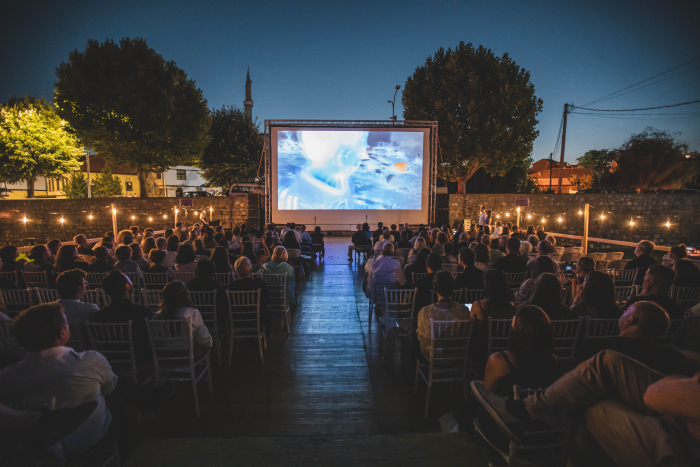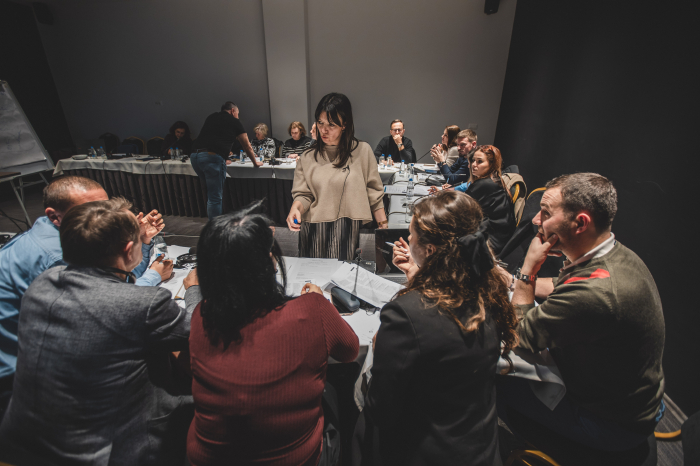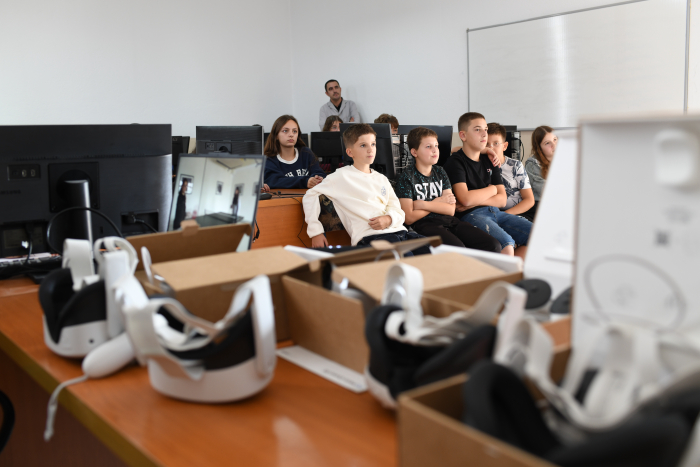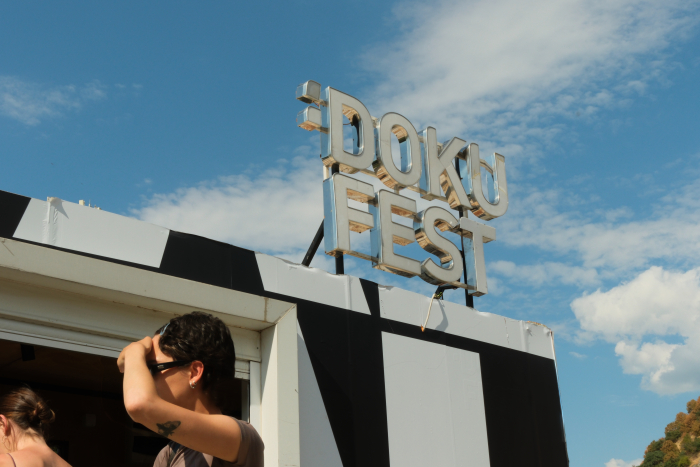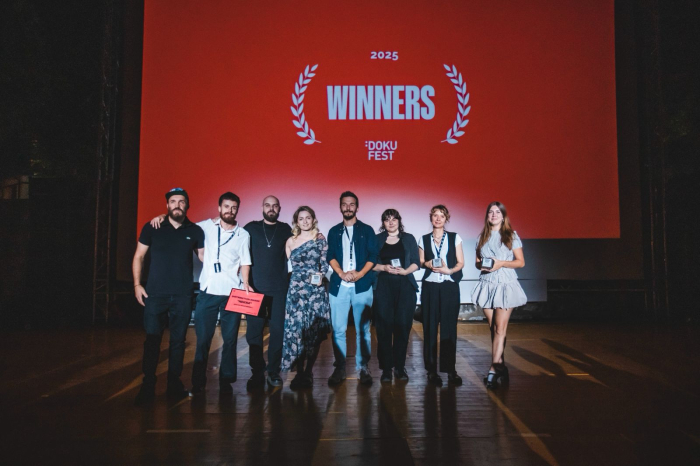August 9, 2020
8 films are featured worldwide in the online edition platform of DokuFest. Head of DokuLab, Eroll Bilibani talks about all the challenges faced to make these films.
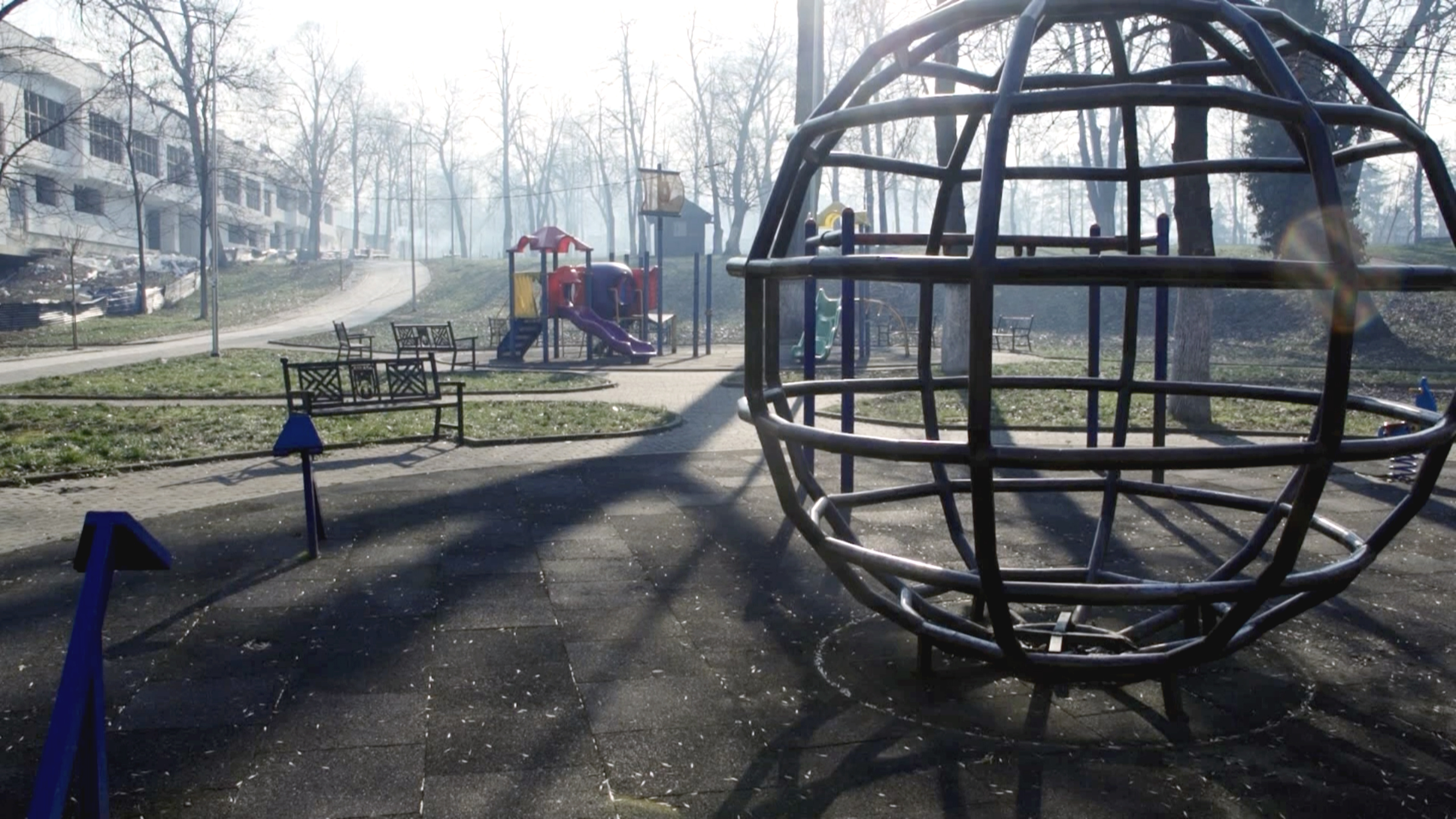
Fourteen participants of this year’s “Future Is Here” programme finalized eight short films. These films are featured worldwide in the online edition platform of DokuFest. Head of DokuLab, Eroll Bilibani talks about all the challenges faced to make these films.
DokuStories: Film school students of this year’s “Future Is Here” programme finalized eight short films. Having in mind the pandemic what were the main challenges to make these films?
Eroll Bilibani: Despite the pandemic, lockdown and all the obstacles faced throughout the production timeline, fourteen of our ‘Future is Here’ film school students were determined more than ever to finalize eight of their short student films that we will proudly feature worldwide through our online edition platform of DokuFest. Although faced with a challenge like never before, the collective spirit of our teenage students guided by their tutors Blerta Zeqiri and Andrijana Stojković, succeeded to bring to light a wide array of exciting stories that require the undivided attention of the audience. The program which was initially planned to be completed between January - June 2020 timeline got disrupted by the pandemic and the lockdown. This changed our modus operandi and the approach to working with individual teams. At the end, although very tight in timeline, we managed to finalize all films a few days before the festival.
DS: Was the creative process hindered by the lockdown and other obstacles? How did you manage to overcome these difficulties?
E.B.: Yes! There were specific projects that required thorough research and numerous interviews, which unfortunately were not realized. Our students were prudent in finding alternative solutions that enabled them to complete their stories despite all obstacles.
DS: What kind of stories brings this years “Future is Here” programme?
E.B.: All of the stories of our students are personal, yet they touch an universal chord. We are particularly proud of the diversity of the topics that these young talented filmmakers have tackled. Climate Change, gender based domestic violence, plagiarism in the academic ecosystem of Kosovo, impacts of Digital Technology for mental health of children are just some of the topics that were explored by these young talents. The most striking thing with this generation of young filmmakers was their sense of solidarity and support to each other.
DS: Why are these short films interesting for the audience?
E.B.: These films will be used in our educational program, and will be offered to teachers for use in the classroom and will enable a wider reach of students; deeper understanding of complex issues and promotion of social development. Together with teachers, in future workshops we will also develop didactic materials to support educators to achieve a wide range of effective learning outcomes in their use of film. One major advantage of these films is the fact that our students have tackled very important and relevant issues of our society, with particular emphasis on youth concerns. We hope that these films will inspire future generations to become active agents of change in their own communities.
We are particularly glad that this comprehensive program was supported by one of our principal donors, the National Endowment for Democracy (NED) and through their undivided support we are looking forward to share our experiences and the methodology in Montenegro and Albania in the forthcoming years.
